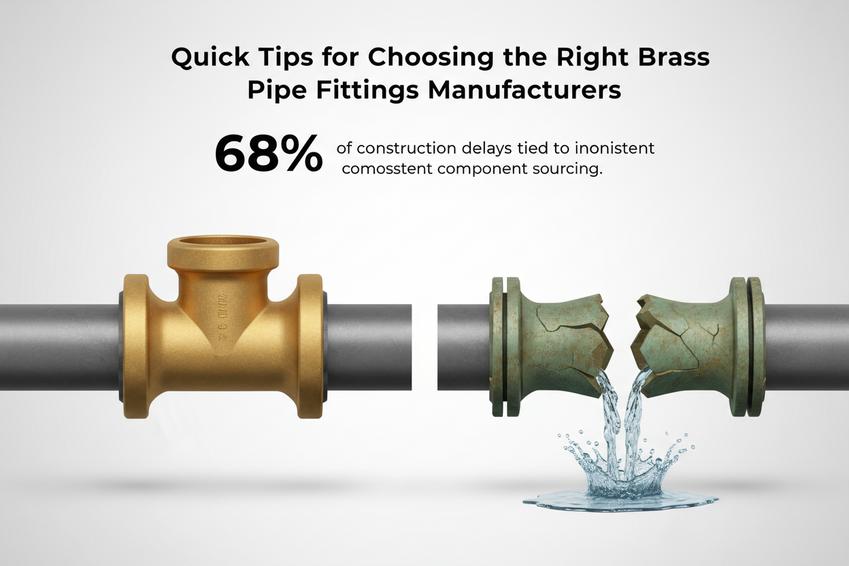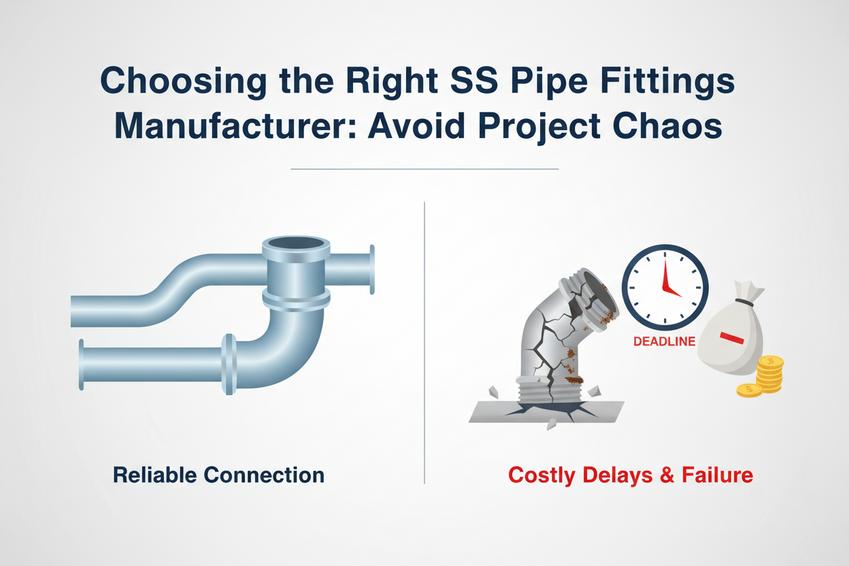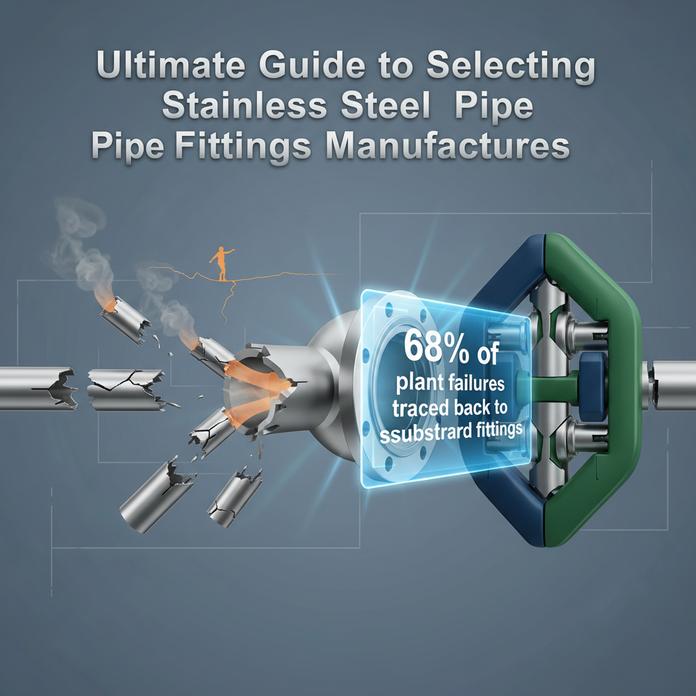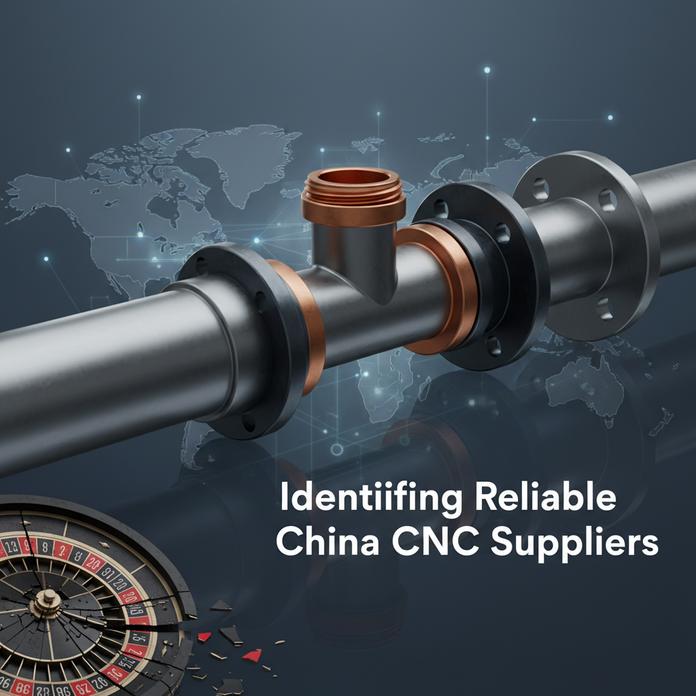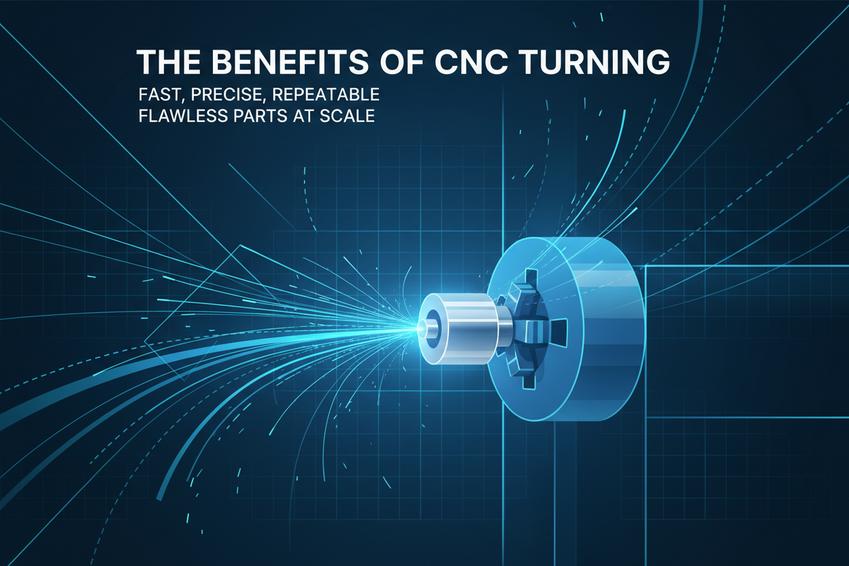Understanding Customized Parts in CNC Machining: Pipe Fittings, Connectors
In the modern manufacturing landscape, customized parts—also known as complex parts—play a critical role across industries. Unlike standard components, these parts are designed for specific applications and often feature irregular shapes, non-standard dimensions, or specialized functionalities. From industrial piping systems to aerospace components, and even in automotive engines, customized CNC machined components ensure performance, reliability, and efficiency where standard parts cannot meet requirements. For manufacturers of pipe fittings, pipe joints, pipe connectors, and hex nuts, understanding the intricacies of these parts is crucial.
Introduction – Why Customized Parts Matter in Modern Manufacturing
Customized parts have emerged as essential elements in industries that demand precision, durability, and tailored functionality. These complex CNC machined components are not only engineered to fit exact specifications but also optimized for performance under specific working conditions.
In industrial piping systems, custom pipe fittings and connectors ensure tight seals and prevent leaks in high-pressure environments. In the automotive and aerospace sectors, these components help reduce weight while maximizing strength and durability. Even in medical devices and hydraulic systems, customized parts allow for functionality that standard parts simply cannot provide.
For CNC machining manufacturers, producing these components requires expertise in material selection, tooling, and advanced machining processes. Every part—from a custom hex nut to a complex pipe joint—represents a combination of engineering precision and practical problem-solving.
What Are Customized or Complex Parts?
Definition and Core Features
Customized parts are components that deviate from standard shapes or specifications. They are typically designed to meet unique functional requirements, making them integral to high-performance machinery. Key features include:
-
Irregular Shapes: Non-standard geometries such as curves, grooves, or unusual holes.
-
High Precision: Tight tolerances to ensure proper fit and function in assemblies.
-
Special Materials: Selection of metals or alloys that can withstand extreme environments, such as stainless steel, titanium, or nickel alloys.
Types of Customized Parts in CNC Machining
Customized CNC machined components can take many forms, especially in piping and fasteners:
-
Pipe Joints and Connectors: These often require complex threading, sealing surfaces, or non-standard dimensions. Precise CNC machining ensures leak-free performance.
-
Pipe Fittings: Elbows, tees, and reducers are commonly produced with customized dimensions to match the exact layout of piping systems.
-
Hex Nuts and Fasteners: Special-shaped nuts or threaded components are manufactured to withstand specific torque and stress requirements, often with surface treatment for corrosion resistance.
Manufacturing Challenges of Customized Parts
CNC Machining Process Adaptation
Machining customized components presents unique challenges. Irregular geometries require careful selection of CNC cutters and CNC tools to maintain precision. Metals like stainless steel, aluminum, and titanium pose different machining difficulties, necessitating optimized cutting speeds, feeds, and tool paths. Simulation software is often employed to reduce trial-and-error and ensure efficiency.
Cost and Production Efficiency
Small-batch production often leads to higher per-unit costs due to mold and setup expenses. However, even in large-batch production, strategic planning of mold type, material blanks, and CNC turning processes is essential to reduce costs while maintaining consistent quality. Choosing the right machining strategy allows manufacturers to achieve high precision without compromising efficiency.
Quality Control and Inspection
Ensuring the quality of customized components involves multiple inspection steps:
-
Material Testing: Spectrometer analysis to verify material composition.
-
Hardness Testing: Using hardness testers to ensure mechanical properties.
-
Crack Detection: Visual inspection, penetrant testing, magnetic particle inspection, ultrasonic testing, and X-ray methods.
-
Dimensional Accuracy: Utilizing coordinate measuring machines (CMM), projectors, calipers, and inspectors.
-
Seal Testing: Water pressure tests for fittings and joints.
Functional testing under realistic operating conditions, such as high pressure, torque, or fluid flow, is also critical to validate performance.
Applications of Customized Pipe Fittings and Connectors
Industrial Piping Systems
High-pressure pipelines demand precise pipe joint machining to prevent leaks and ensure operational safety. Industries such as chemical processing, oil & gas, and water treatment heavily rely on customized pipe fittings for efficient system integration.
Automotive and Aerospace
In automotive and aerospace applications, custom pipe fittings and connectors are designed to handle engine fluids, fuel lines, or cooling systems. Complex geometries allow for weight reduction and stress optimization, improving overall system efficiency and performance.
Other Specialized Fields
Customized CNC machined components also play a role in:
-
Medical Devices: Hydraulic and mechanical systems requiring precise flow control.
-
HVAC Systems: Custom fittings and connectors for temperature regulation and airflow management.
In each field, durability, corrosion resistance, and functional performance are top priorities.
Tips for Designing and Producing Customized CNC Parts
Material Selection
Choosing the right material is crucial. Common materials include:
-
Iron & Stainless Steel: High strength, corrosion resistance.
-
Aluminum: Lightweight, good for thermal conductivity.
-
Titanium & Nickel Alloys: Excellent for high-temperature and aerospace applications.
Optimizing CNC Machining Parameters
-
Feed Rate and Spindle Speed: Adjust according to material and geometry.
-
Tool Path Strategy: Optimize for irregular shapes to minimize tool wear.
-
Simulation Software: Reduces errors and improves first-pass success.
Assembly and Post-Processing
-
Surface Finishing: Polishing or coating to meet functional and aesthetic requirements.
-
Threading and Sealing: Ensuring proper engagement and leak prevention.
-
Tolerance Checks: Critical for proper assembly and performance.
Precision during assembly prevents leaks, misalignment, and operational failures.
Why Choose Professional CNC Machining for Customized Parts
Working with experienced CNC machining manufacturers ensures:
-
Expertise in pipe fitting, pipe joint, pipe connector, and hex nut production.
-
Ability to handle low-volume, high-precision, irregular components.
-
Use of advanced CNC processes and tools for consistent quality assurance.
Professional CNC machining companies not only deliver parts that meet exact specifications but also provide the technical knowledge to optimize design, material selection, and production strategy.
Customized CNC machined components are more than just parts—they are essential elements that enable high-performance industrial, automotive, aerospace, and medical systems to function reliably. With the right combination of material, precision tooling, and CNC machining expertise, manufacturers can produce high-quality pipe fittings, connectors, and hex nuts that meet even the most demanding applications.

